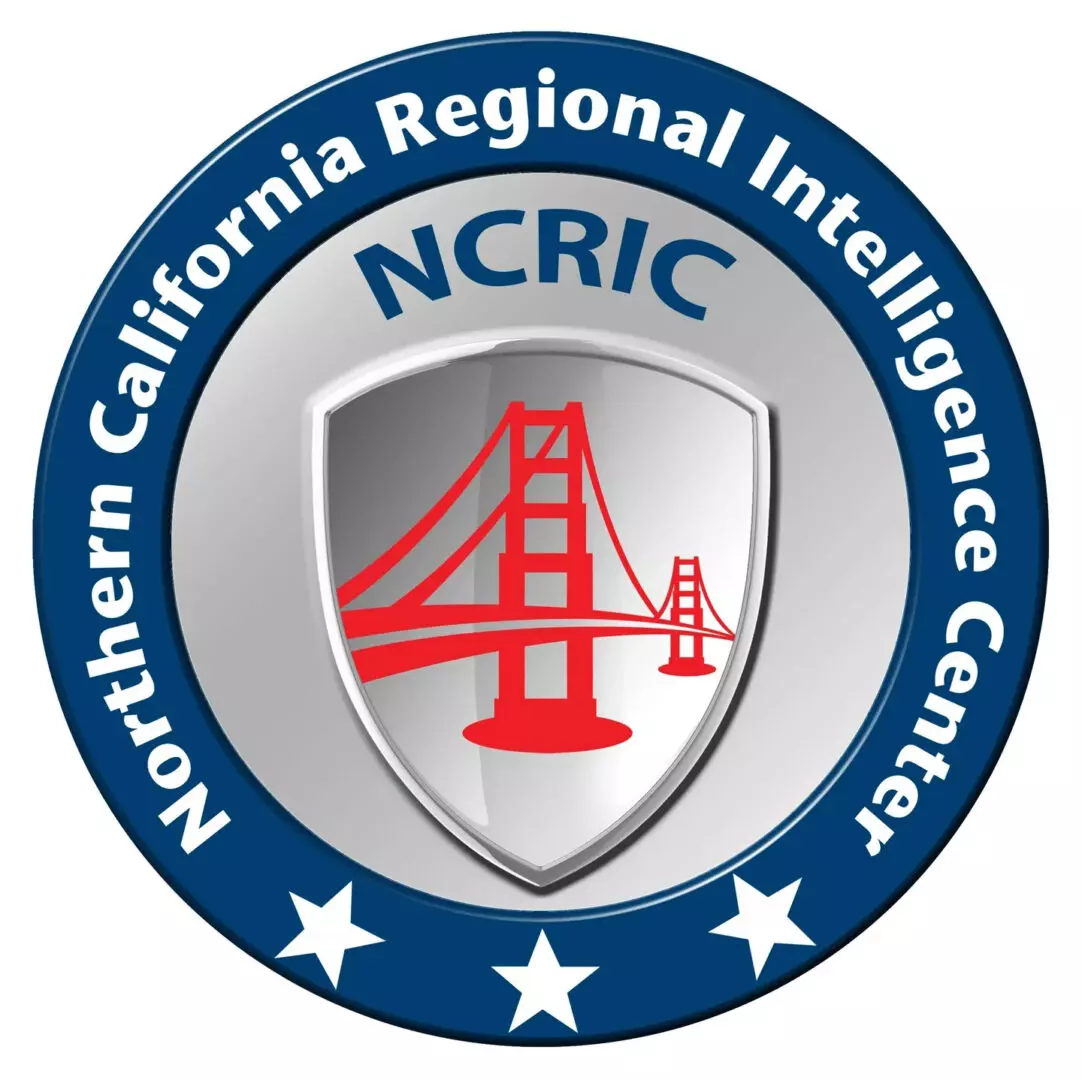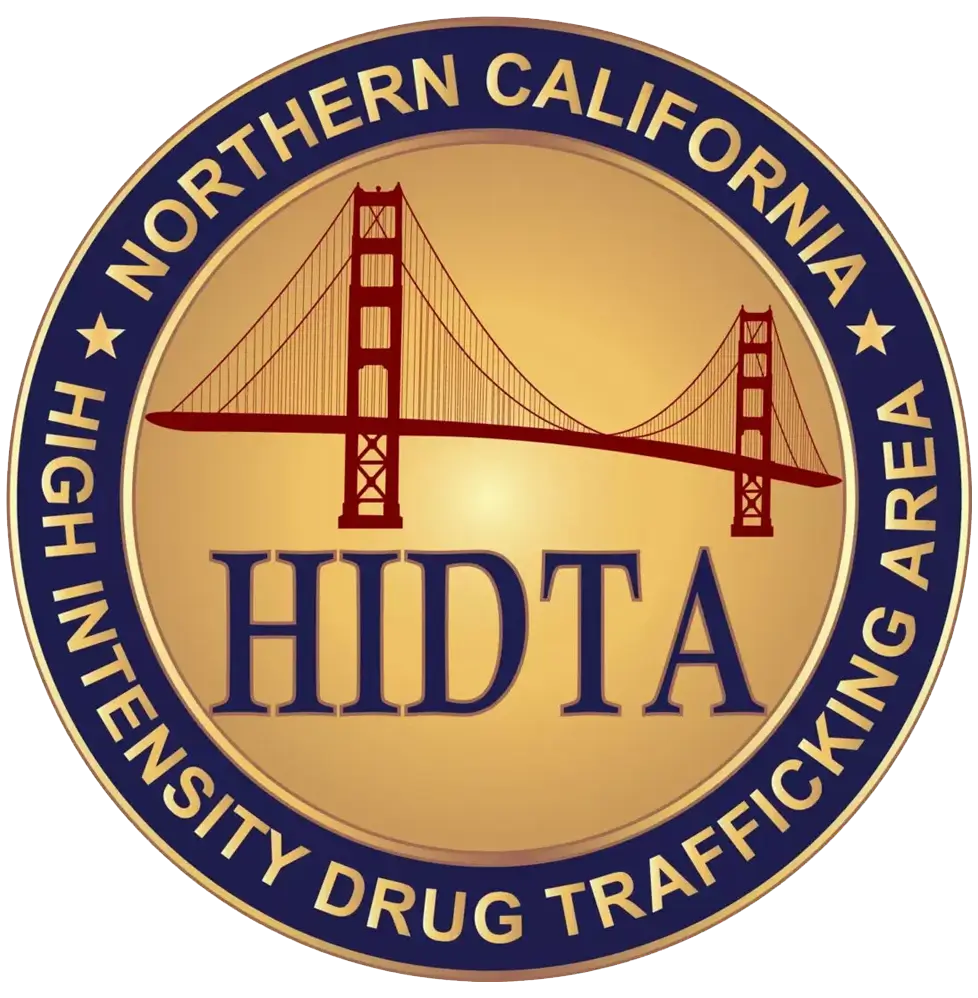JOIN the NCRIC as a Healthcare/Public Health Partner
The NCRIC serves as a focal point in the Northern District of California for the receipt, analysis, gathering, and sharing of public health and law enforcement information between the federal government and state, local, tribal, territorial (SLTT), and private sector partners.
The NCRIC is uniquely situated to empower frontline public health, hospital, law enforcement, public safety, fire service, emergency response, critical infrastructure protection, and private sector security personnel to understand local implications of national and regional intelligence sharing, thus enabling local officials to better protect and mitigate threats to their communities.
The NCRIC provides interdisciplinary expertise and situational awareness to inform decision-making at all levels of government. We collect data, perform data analysis and facilitate information sharing while assisting public health, law enforcement, and homeland security partners in preventing, protecting against, and responding to drug overdoses, human trafficking, threats to public officials, crime, terrorism, and emergent diseases.

Healthcare/Public Health Membership Qualifications
The federal definition of “Healthcare/Public Health” will be followed, e.g., infectious and communicable diseases, food and water safety, emergency medical services, hazardous materials, pharmacy, laboratory, immunization, government hospitals, etc.
The standards for membership with the Northern California Regional Intelligence Center, as a Healthcare/Public Health Partner are based on both a "right" and a "need" to know sensitive information connected to public safety (information that has been categorized as "For Official Use Only," or commonly referred to as "FOUO").
It is vitally important that members of the healthcare/public health sector have access to information generated or obtained by the NCRIC that will assist them in more effectively accomplishing their day-to-day responsibilities. It is equally important that those that do not have a similar responsibility, or moreover a legitimate need to access "FOUO" information, do not obtain it.
As such, these standards are in place to provide the NCRIC staff with the ability to share sensitive information and to ensure that the information is provided to only those who need it and should receive it. Further, these standards are designed with the protection of HIPAA, civil liberties, and civil rights in mind, as well as to safeguard active law enforcement investigations and public safety efforts.
To qualify as a Healthcare/Public Health Partner, the applicant must be currently employed by a government agency or affiliated with a government agency through an executed contract and must serve in a public health function, i.e. EMT, paramedic, health/hospital emergency manager, communicable/infectious disease, behavioral health and recovery (addiction), environmental health.
In addition, employees of agencies that are affiliates of the Centers for Disease Control and associated laboratories are also included. If you work in the healthcare/public health sector and are not associated with a government organization, you are eligible for membership with the NCRIC as a Private Sector Partner. Click here to access the Private Sector Partner Membership application.
NCRIC Medical Liaison Officer
To learn more about the NCRIC and the benefits of membership, contact NCRIC Medical Liaison Officer Carl Hess at chess@ncric.ca.gov.
The Benefits of Membership
The Northern California Regional Intelligence Center (NCRIC) law enforcement program is provided as a free public service, designed to enhance communication and information sharing between law enforcement, public safety organizations, and the private sector. The NCRIC law enforcement program, which is one of the most progressive of its type in the nation, offers many benefits designed to meet the needs of our membership to include:



